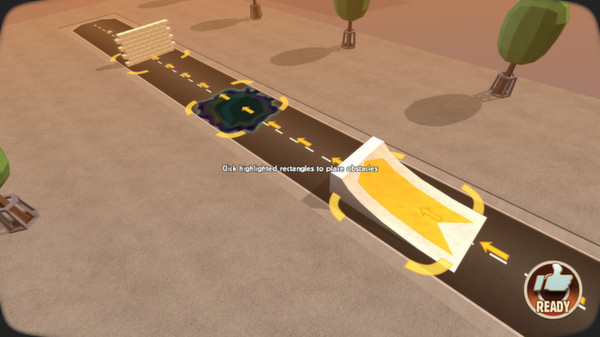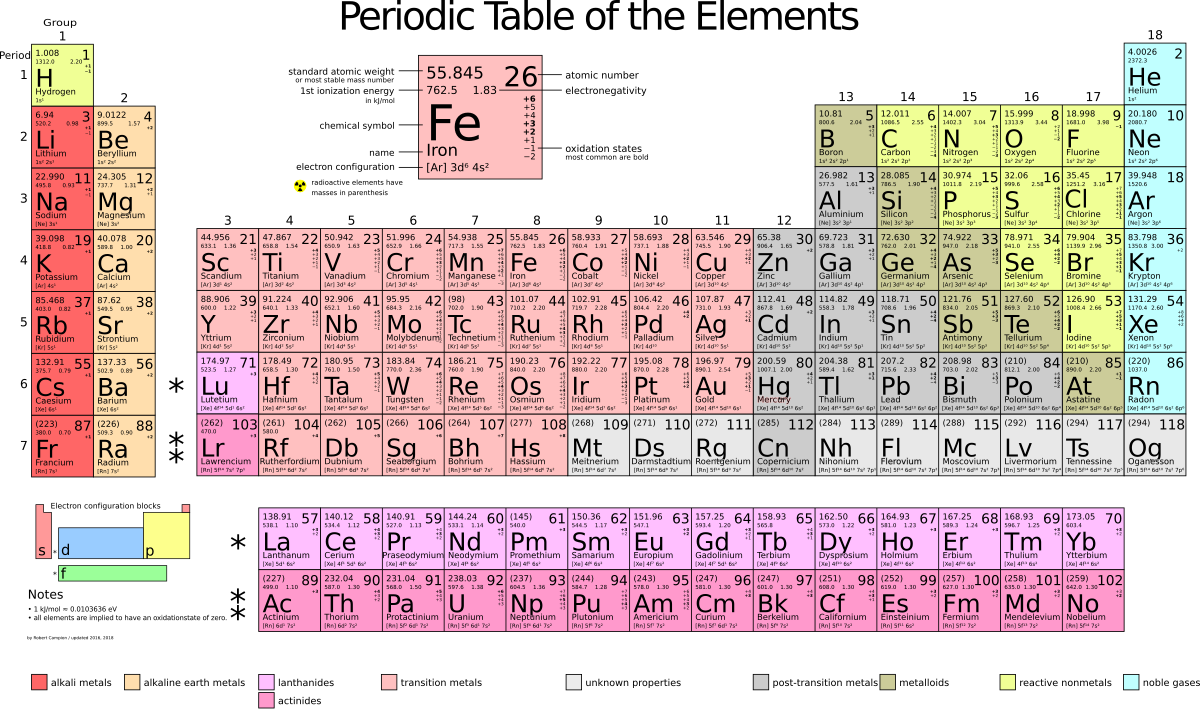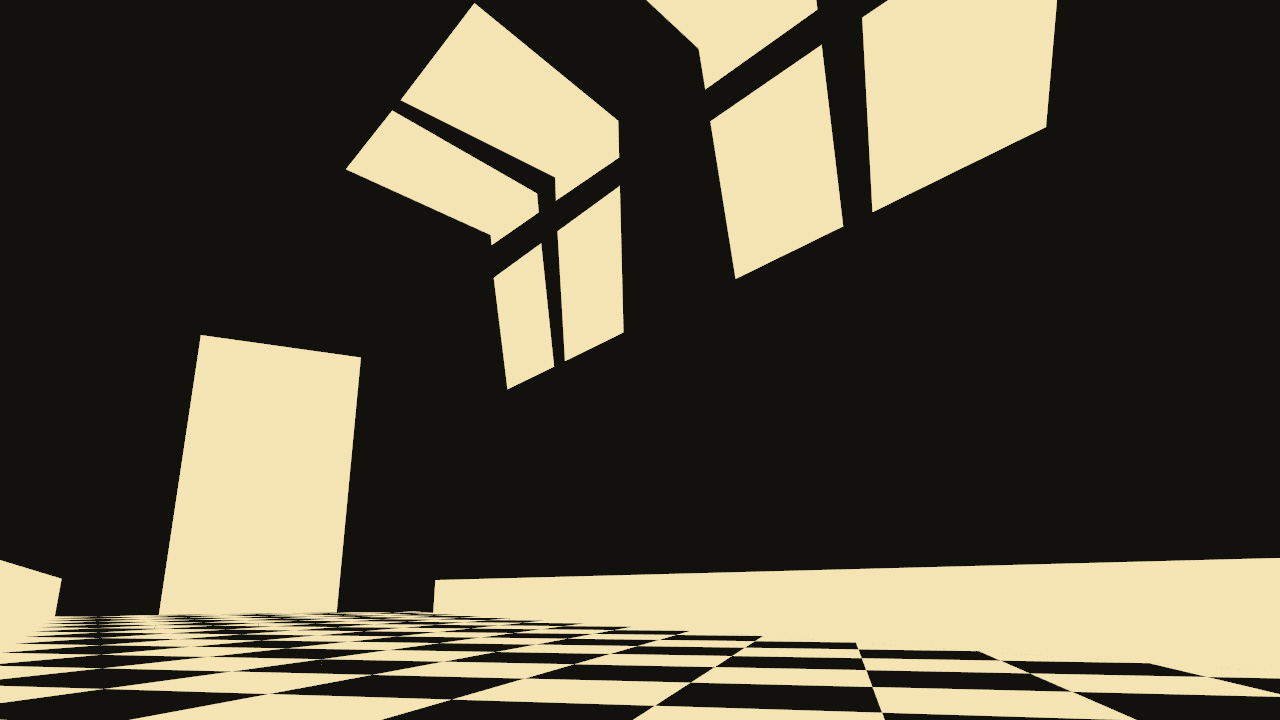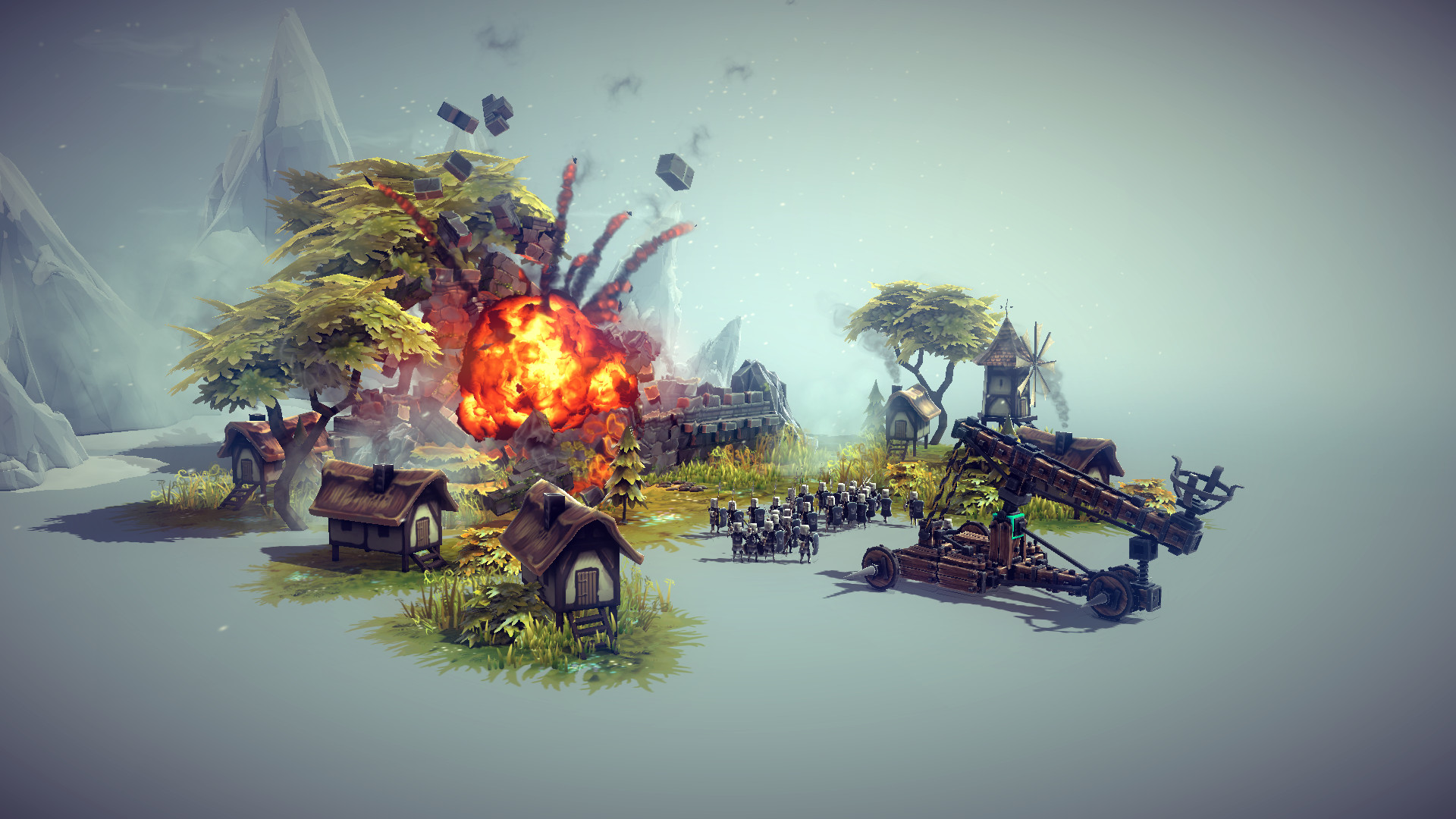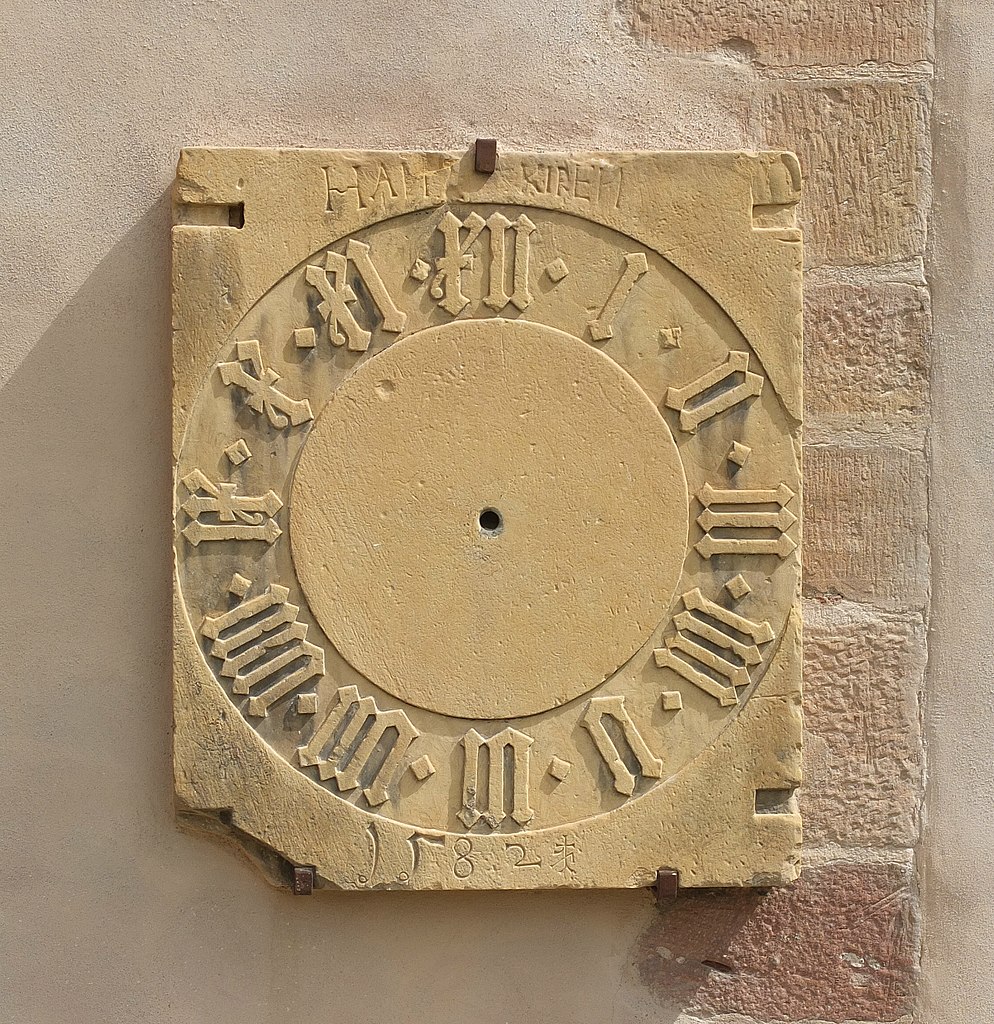First of all, during my research I have had the epiphany that we aren't so much making a fully fledged indie game as we are creating demos or Game Jam-esque builds. With this in mind I have decided to choose the Car game idea I presented in the last project blog post.
If I were to stick with the original concept from the original post I'd have to learn more about Unity especially about things like collisions, acceleration, momentum, etc. While these do seem like exciting challenges I also have to keep in mind my own ability in regards to the time constraint of the module. The original idea also insinuates the involvement of AI players/bots which could prove to be far more difficult than I originally considered. If by some way I am able to learn all of these things and am able to incorporate them all into my game it would have to be on a very basic level thus I would have to focus also on the level design of the game to bolster the basic mechanics. This would be to create a more fun and dynamic experience for players despite the rudimentary mechanics of the game itself. This currently seems like a scope that's a little out of my wheelhouse.
My evolution of this idea to make it more viable as a project for this module was to remove the active components of the world and lean more toward a sort of sandbox style game, thus kind of melding Idea 2 and Idea 4 from my last blog post into one game. Initially I had the idea to mould it into something more reminiscent of a game like Turbo Dismount or for a more nostalgic memory from my own heart Burnout 3: Takedown Crash Mode. I had the idea of developing it into a more Angry Birds style game with simple mechanics and a simple goal but with a lot of replay value. This idea also retains a lot of the game mechanics from the original idea just on a simpler, singleplayer scale. This sort of idea would also possibly let me incorporate things like power ups/effect pads which I researched here. The simpler mechanics of this game might also let me experiment with more level design or even other cosmetic elements such as Mesh Deformation.
My alternate idea for a demo sized game would be to fully amalgamate Idea 2 and Idea 4 and create a sandbox driving game similar to BeamNG.Drive or like the Sandbox mode in Besieged. This would allow me to explore a very wide range of game mechanics, even if they aren't exactly cohesive due to the open world nature of the game. I would also have the choice to experiment with the level design with different areas of the world exploring different game mechanics. This would motivate players to explore the game and would encourage replayability by having a range of options to interact with.
In terms of game mechanics I would have free reign to implement a plethora of things into the game such as having different areas explore different mechanics like fun power ups or even something like intricate manoeuvring. I would want to have a wide enough variety of options for different types of players to find something that they might like.
I could also implement a simple goal system by having a Main Challenge for each are which would reward the players for completing it. I would want these to be a mandatory yet enticing choice for player which would give the open world a sense of direction an challenge for players who aren't fond of 'aimless' sandboxes. This doesn't seem to hard to implement and would provide me with a direction for my level/world design also.
To encourage replayabilty and to add another sense of challenge to the game I could add Timer sections or have the choice for players to complete the challenges with a timer. This would add a pseudo challenge to the gameplay as players would only really be challenging themselves if they so choose but I feel like it would be effective in enticing exploration and replay. I would want this to be an optional feature in the world as I would still like for the game to be fun for a more casual player who wanted to focus on exploration without the looming challenge.

